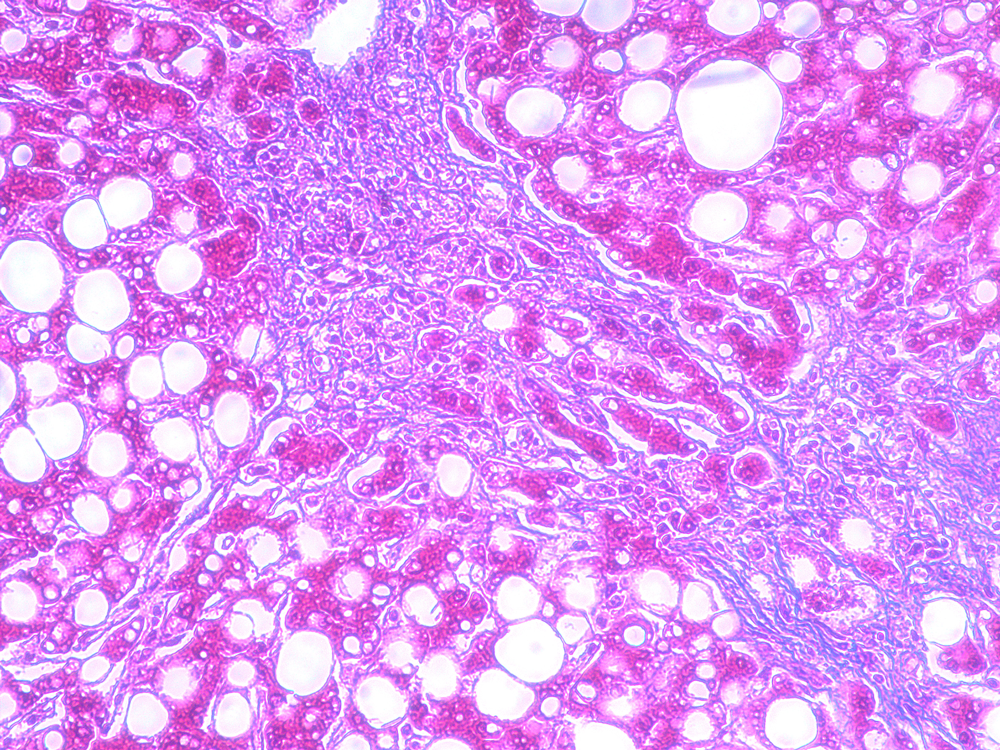Sekisui XenoTech Introduces New Research BioBank

Complete the form below to unlock access to ALL audio articles.

As part of Sekisui XenoTech’s commitment to furthering knowledge of hepatic diseases, the company has begun providing disease-diagnosed tissue samples and hepatocytes through its new Research BioBank.
“With this initiative, we are supplying the hepatology research community with a collection of high-quality human tissue specimens representing the multiple stages of alcoholic or non-alcoholic fatty liver disease,” commented Maciej Czerwinski, Ph.D., Director of Sekisui XenoTech Products R&D.
The quality of the tissue samples makes them particularly valuable for advancing medical science and contributing to the development of new treatments. The specimens are available in quantities larger than those obtained during needle biopsies, and are collected in a timely manner from organs initially intended for transplantation, as opposed to being collected in a typical post-mortem after several hours of warm ischemia.
The pre-lysate tissue samples in the Sekisui XenoTech Research BioBank allow for the analysis of drug target expression and early markers of fatty liver diseases across diverse US populations. Pathologic diagnosis and donor demographics, BMI, history of diabetes and alcohol use data, along with representative microphotographs, are available for each specimen. A selection of normal control tissues is also available.
Additionally, disease-defined hepatocytes have been prepared from some of the donors as a convenient human model of the aforementioned diseases. These cells are particularly useful to scientists interested in disease biomarkers and in vivo/in vitro correlation of disease biomarker expression, with the aim of advancing in vitro studies of ailments linked to obesity and alcohol consumption.
Although Sekisui XenoTech is widely known for its ADMET / DDI / PK expertise in hepatic research and test systems, the company also processes tissues from many other organs. Pre-lysate specimens and other cellular products from these tissues are available as custom preparations or through Sekisui XenoTech’s online store, and may be added into the Research BioBank in the future.



